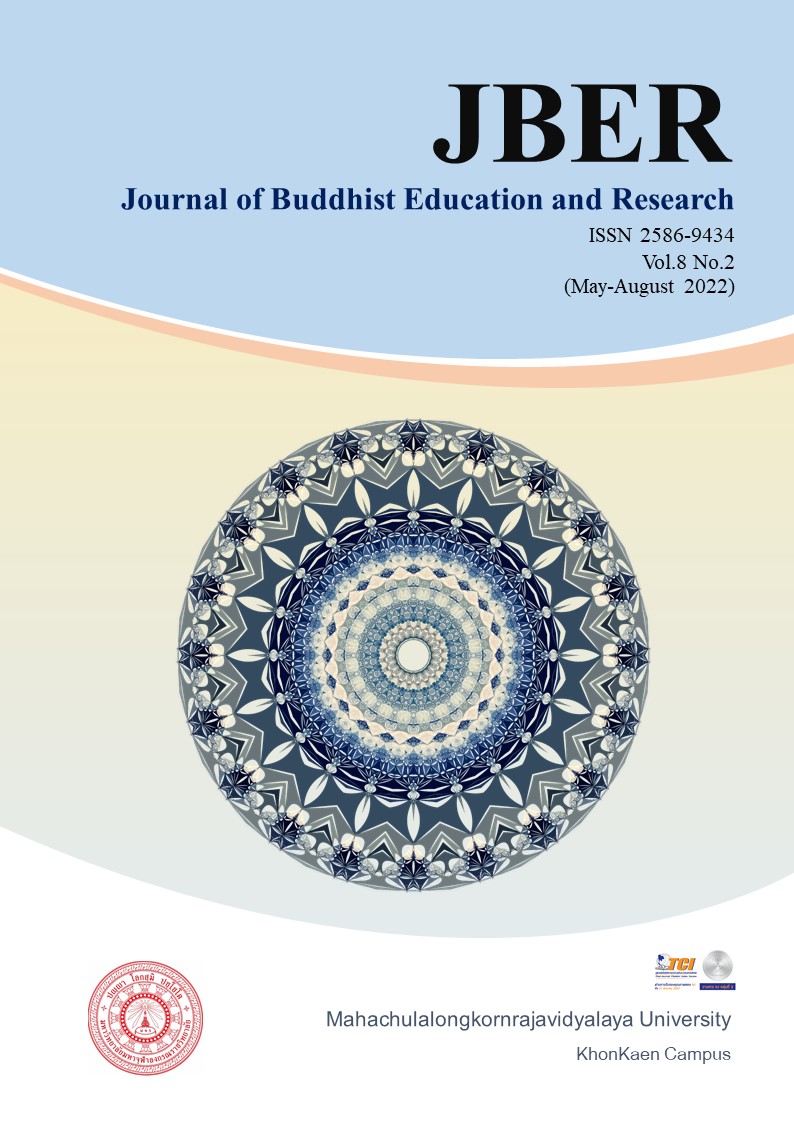AN ANALYSIS OF DEIXIS IN SPEECHES OF FAMOUS AMERICANS
Abstract
The purposes of the study were to analyse the types of deixis, their frequencies, and the context of the deixis in speeches of famous Americans. Deictic and idiomatic expressions in the speeches were also interpreted. In conducting the research, both descriptive qualitative approach as well as quantitative data analysis methods were used to analyse in great detail the different types of deixis namely, person deixis, spatial or place deixis, temporal or time deixis, social deixis and discourse deixis and their usages in contextual situations in the select speeches. The research data included one speech each of six famous Americans: Barack Obama (Speech 1), Michelle Obama (Speech 2), Hillary Clinton (Speech 3), Steve Jobs (Speech 4), Oprah Winfrey (Speech 5) and Dwayne Johnson (Speech 6).
Following the traditional understanding and analysis of deixis in the works of pioneers in the field like Fillmore, Lyons and Levinson, in this research qualitative analysis is done in a very detailed manner so as to provide contextual information of all the five types of deixis in each speech. The qualitative descriptive analysis indicates how each speaker has used deixis in a very professional way to motivate their audience and to draw attention to the ideas that the speaker intended to put across before the addressee-/participant-audience. The analysis clearly shows that the frequency in the use of deixis is actually governed to a great extent by the content of the speeches and the speakers’ intention and purpose behind delivering the speeches.
For quantitative data analysis the AntConc 3.5.9 programme was used to identify and classify the deixis used in all the six speeches. The frequency of each deixis was calculated and expressed as a percentage. The quantitative data analysis clearly indicates that in each of the speeches person deixis is used with the highest frequency, followed by other deixis that varied from speech to speech.
From the analysis it is clear that the deixis act like ‘sutures’ keeping the flow of ideas stitched in the pattern that each speaker intended to weave the content and messages in the speech with, thereby producing the intended effect on the audience.
References
Campbell, Peter. (2019). Discourse Deixis THESE and THOSE in Political Speech. Available online at https://www.researchgate.net/publication/333845127.
Fillmore, C. J. (1997). Lectures on Deixis. Stanford, CA: CSLI Publications.
Khalifa, Reham. (2018). A Deictic Analysis of the Political Discourse of some of Donald Trump's Presidential Speeches Based on the Discourse Space Theory. Sahifatul-Alsun Journal, Vol. 34, Damietta University, 41-71.
Lestari, W., & Rahman, A. A. (2016). A Study of Deixis in the Interview between Barack Obama and Chuck Todd in Meet the President. NOBEL: Journal of Literature and Language Teaching, 7(2), 147-154. https://doi.org/10.15642/NOBEL.2016.7.2.147-154
Levinson, S. C. (1983). Pragmatics. Cambridge: Cambridge University Press.
Lyons, J. (1977). Semantics. Cambridge: Cambridge University Press.
Rahayu, Ira Destiari and Kurniawan, Eri. (2019). Advances in Social Science, Education and Humanities Research, Volume 430 Twelfth Conference on Applied Linguistics (CONAPLIN 2019). Atlantis Press SARL, 102-106.
Sharif Dawood, Abdul-Kareem. (2019). A Discourse Analysis of Deictic Expressions in Presidential Speeches. Journal of Humanities. Vol.17 No.1, University of Kerbala.
Sherwani, Kawa Abdulkareem. (2020). A Cognitive Positive Discourse Analysis of English Motivational Speeches. International Journal of Advanced Science and Technology, Vol. 29, No. 9s, 4078-4091.
Wisniewska, Monika. (2020). Personal Deixis in the 2020 United States Presidential Election: An Analysis of Joe Biden’s and Donald Trump’s Political Speeches. B.A. Thesis, Department of English, Stockholm University.
Yang, Youwen. (2011). A Cognitive Interpretation of Discourse Deixis. Theory and Practice Language Studies, Vol. 1, No. 2, Finland: Academy Publisher, 128-135. doi:10.4304/tpls.1.2.128-135
Yule, G. (1996). Pragmatics. Oxford: Oxford University Press.





